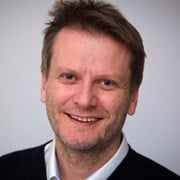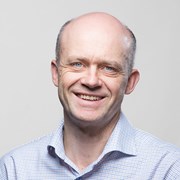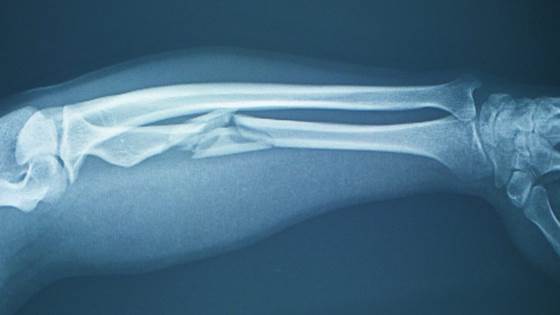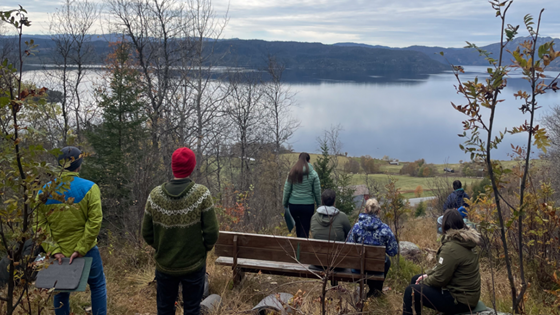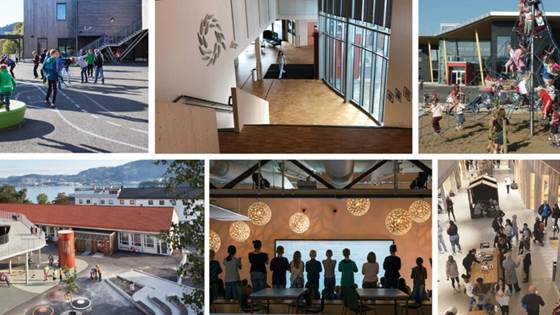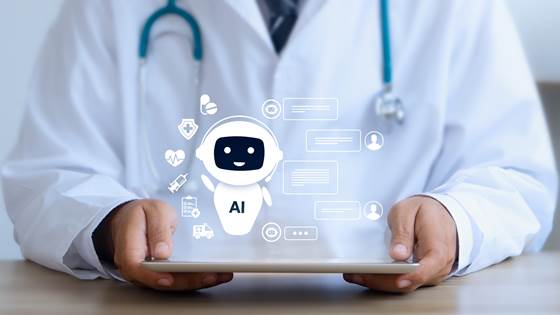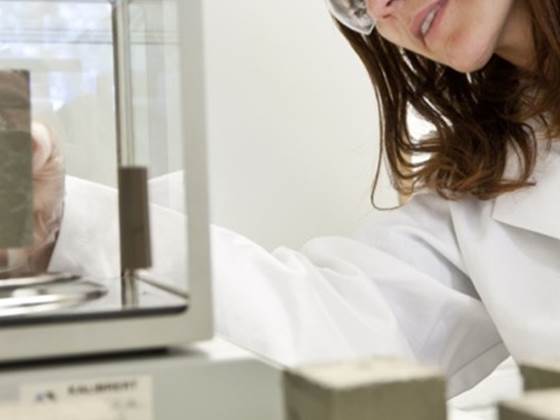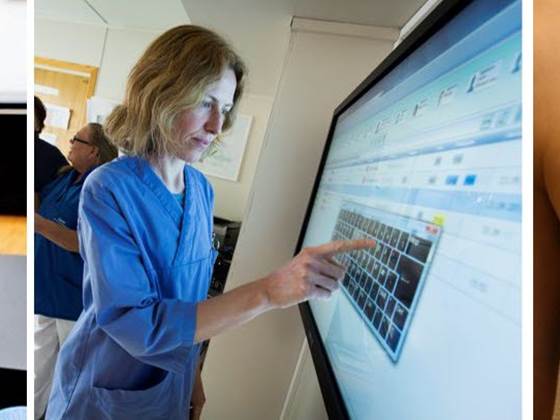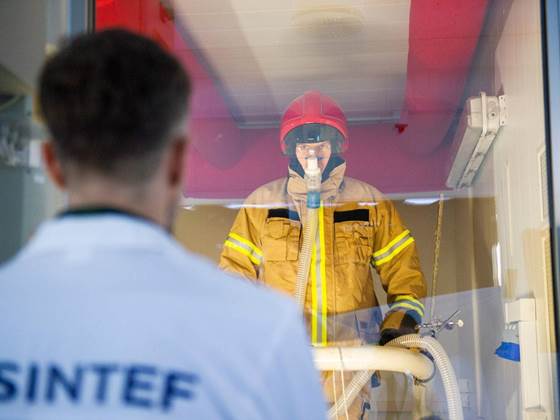SINTEF is contributing towards good health and quality of life during all phases of life and through the steps of a patient’s journey – from initial health promotion and prevention of illness and injury, to diagnosis, treatment, rehabilitation and follow-up. This takes place in collaboration with work life associations, health service providers, patient and service user organisations, and the business community. SINTEFs work to meet the needs for the users in the sector is complemented by thorough research competence in a wide range of enabling technologies, including material sciences, biotechnology, sensors and informatics.
Digitalisation will be a key driver for public and private health service development, and digitalisation support of work processes and treatment will create opportunities to improve service quality and increase efficiency in the sector. New systems, services and care models offering better and more targeted methods of prevention, diagnosis and treatment will be the result. The health and wellbeing oriented business sector in Norway will also be important in order to realize changes which will also provide jobs and increased export revenues.
High-quality data from health registries, biobanks and large population health studies give Norway significant advantages and opportunities in terms of research, innovation and business development. This is partly enabled the application of Big Data analysis using artificial intelligence and machine learning techniques on health data – which so far mostly is an uncharted territory with high expectation but where extensive familiarity with the techniques is a prerequisite in order to avoid a wide range of potential pitfalls.
Real-time access to patient data enables new and more efficient ways of working and collaborating, such as digitally-supported point of care health services that include ambient assisted living technology, remote medical follow-up, and home hospital solutions. Shared access to patient data can also pave the way for improved interaction between the municipal and specialist health services and contribute to improved patient safety. Ultimately, this will lead to an integrated system of health, wellbeing and welfare services that is especially important to meet the needs of particularly vulnerable groups such as the elderly, the mentally ill, children and young people, and those with chronic illnesses and complex needs.
Expertise in biotechnology and nanomedicine can contribute towards the establishment and consolidation of industries for the production of medicines in Norway. We can develop innovative drugs for new treatments, exploit available raw materials more effectively, lower manufacturing costs, reduce our eco-footprint, and boost production flexibility. Faster and less expensive manufacturing methods will also help making such drugs become available and accessible to a greater proportion of the global population.
SINTEF is conducting research into innovative solutions across this entire spectrum from basic enabling technologies.
Effective health and wellbeing solutions are essential if we are to ensure the economic sustainability of tomorrow’s health services. SINTEF has a long tradition of research and development in relation to global health issues, all of which contributes towards meeting the UN’s Sustainable Development Goals.

